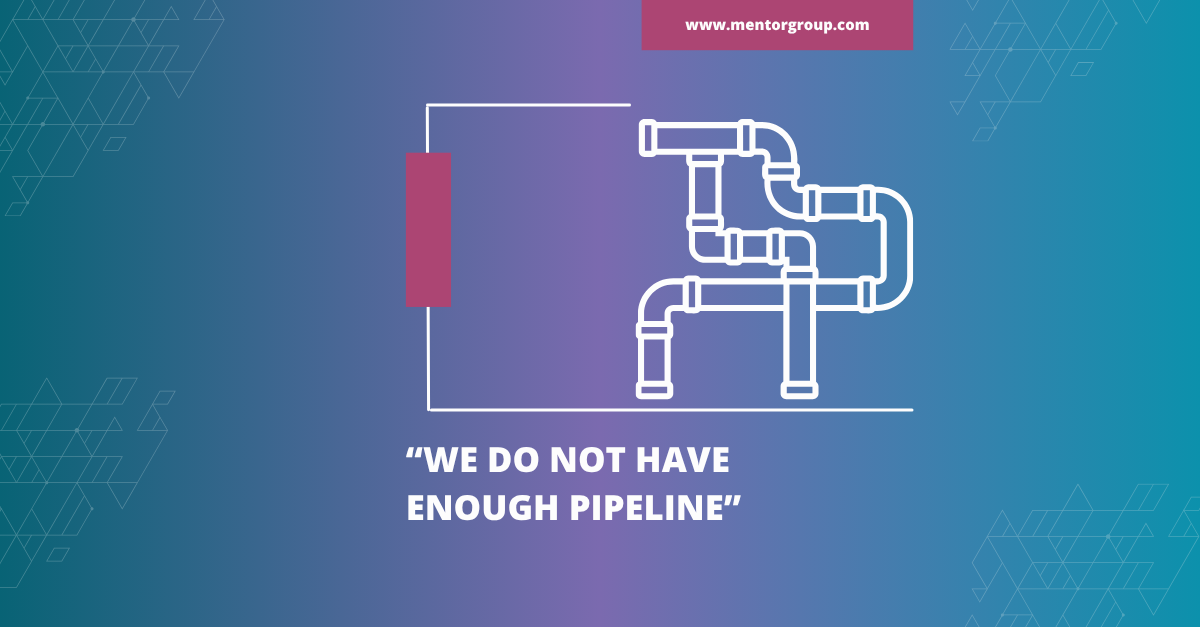
Struggling to drum up new business is never a nice place to be. Chances are, you feel lost and confused about why you’re having this issue. Even the greatest experts and industry leaders need fresh insight and new ideas sometimes, and we hope to be able to provide this here.

New clients vs retained clients
New clients are achieved by driving new people towards your business. You need to impress them with your products and services, and show them what sets you apart from your competitors.
Retained clients are secured by delivering the service you promised, in the way that you promised it. If you manage this, the chances are that your customers will come back for more.
These sound like a couple of very obvious points, but if you’re struggling to drive new business, it’s important to focus on separating these processes, ensuring that they’re carried out to the highest possible standard. Repeat business can be just as, if not more important than new business. Building a solid foundation of loyal and satisfied customers has a number of benefits, including increased and consistent revenue and trust and authority in the industry (through brand reputation).
Here are a few points comparing the benefits of new clients vs existing ones:
- New clients promote growth in ways that existing clients do not. Repeat customers are great for building a foundation and ensuring consistent cash flow, but new business is where you grow in revenue.
- Retaining clients allows you to collect more customer data. It shows you what people like, and what they don’t. If you are struggling with driving new clients to your business, maybe you need to analyse your list of retained clients. Consider sending out questionnaires, or conducting customer satisfaction interviews to develop an understanding of what drew them to your business in the first place, and what’s keeping them there now.
With this data, you can adjust your sales method, usually through sales training. Many sales training solutions consider the customers you have, and provide solutions which will teach your team how to sell to your model customer. - Pushing new products and services to new customers. In turn, try to keep your existing customers happy with the products and services that brought them to you in the first place.
Try to implement inbound and outbound pipelines which establish processes to drive new business, and maintain existing customers. Again, customer analysis may be useful to determine how your sales team can market these new products to potential leads, then how to secure sales.
Why you aren’t getting new clients
You may be struggling to get new clients for a number of reasons. So let’s go through some of these causes, and consider their potential fixes.

1. Your marketing efforts are inconsistent. Do you fall into that trap of doing loads of marketing work, getting loads of content out, then completely slowing down? A lack of consistency with pushing out content and promotion is highly damaging because marketing is often about playing the long game.
To fix this, try to follow the philosophy of producing/pushing content steadily over a longer period of time. You can spread your efforts and resources a bit thinner, but you might need to create a longer term content plan first.
2. You’re not encouraging customer retention. It may seem like a counter-intuitive point when focusing on new clients, but customer retention facilitates brand trust and shows the new customers that those who go with you like what they get.
You want your retained customers to spread the word, thus encouraging growth in new clients. A great way to encourage this is through building a good relationship with all of your clients, and ensuring a good customer journey. Sales training which focuses around these relationships can be an excellent method to improve this.
3. You don’t know who you’re selling to. Do you know your market? Do you know what they want and need? The answer is probably yes, but maybe not well enough. When trying to secure sales, your team needs to convince the customer that your solution is the best possible one, both in terms of problem-solving and value for money.
Often, sales training is a good way to improve the initial conversations between customer and salesperson. Those first few exchanged words are often the difference between a new client and just another lost opportunity.
4. Your messaging is wrong. Usually an issue with both marketing and sales, the message your business puts out might not be aligned with what people are looking for. Maybe what you’re presenting your service or product as isn’t quite what your target market is after.
You could fix this by changing what you offer, but this is a drastic, and usually costly, fix. Instead, consider shaping the narrative you present through marketing and selling around what people are looking for. Assuming you are targeting the right audience, what you’re selling likely matches what people want; they just don’t know it.
5. You’re not pricing correctly. Prices too high could encourage your customers to go elsewhere. Consider lowering prices to actually see an increase in revenue, and become an industry favourite.
Alternatively, prices can actually be too low. Whilst low prices generally attract interest, customers in certain fields are willing to splash out to ensure high quality. Prices too low can also damage how potential customers perceive your product or service, they might think that it’s low because it’s not the best. Consider the prices of your rivals, and determine whether it’s worth beating or matching their prices, but don’t let it damage how people see what you’re selling.
Sales training can be an excellent way to solve most of these issues. Efficient salespeople know how to push the right brand messages without scaring new clients away, and they have a deep understanding of each customer and how to begin the perfect customer journey.
Speak with the Mentor Group team today to discuss how sales training can fit into your long term lead generation plan.
If you want to learn more about how Mentor Group can help your business adopt a revenue-centric strategy, and transform the revenue potential of your organisation in the process, visit our Contact Us Page or reach out directly to info@mentorgroup.com









